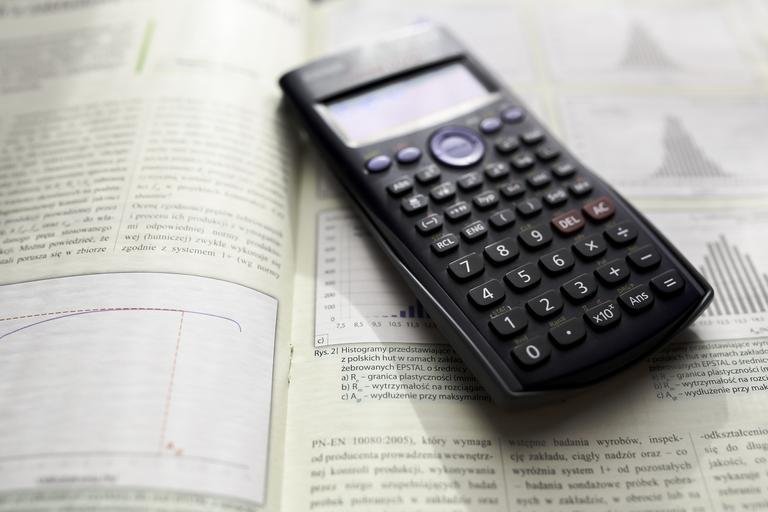Kagba Suaray, a professor of mathematics at California State University, Long Beach, recently created a unique program to combat racial inequities in his field.
Hesabu Circle, named for the Kiswahili/Swahili word for mathematics, consists of virtual monthly meetings for Black math educators and professionals to connect with young African Americans of all ages. During the meetings, participants discuss a variety of topics that highlight how math is used beyond the classroom.
One recent demonstration used turntables to show students how math is used in DJing and hip hop. Suaray and program facilitators have also demonstrated how creating drum patterns, counting beats, and rhyming words involve math.
 For Black History Month, Suaray invited scholars to talk about the origins of math in Africa. The event also included a discussion on famous Black mathematicians such as Elbert Frank Cox, the first African American to earn a doctorate in the field, and Katherine Johnson, a NASA computation expert who was one of the subjects of the film Hidden Figures.
For Black History Month, Suaray invited scholars to talk about the origins of math in Africa. The event also included a discussion on famous Black mathematicians such as Elbert Frank Cox, the first African American to earn a doctorate in the field, and Katherine Johnson, a NASA computation expert who was one of the subjects of the film Hidden Figures.
Data from the National Assessment of Educational Progress has long shown a racial gap in math scores for students from elementary through high school. The tumultuous events of 2020 inspired Suaray to take action to address these longstanding inequities by launching Hesabu Circle last fall, he told the Long Beach Grunion Gazette.
“When everything went down with COVID and the aftermath of the George Floyd murder, I decided it was time to do more and help fill a gap that we know is there,” Suaray stated.
The program’s long-term goal is to provide a dedicated space for Black students that fosters education and provides tutoring and lifelong mentorship opportunities, he told the newspaper.
“Math is part of you, [and] it’s something you use every day,” said Suaray. “We didn’t always have role models, but we can be role models for these kids.”




















